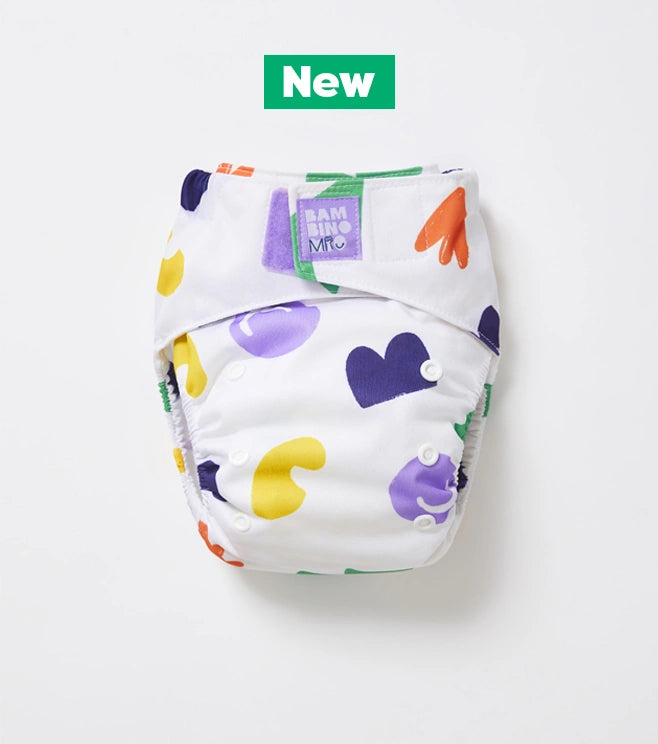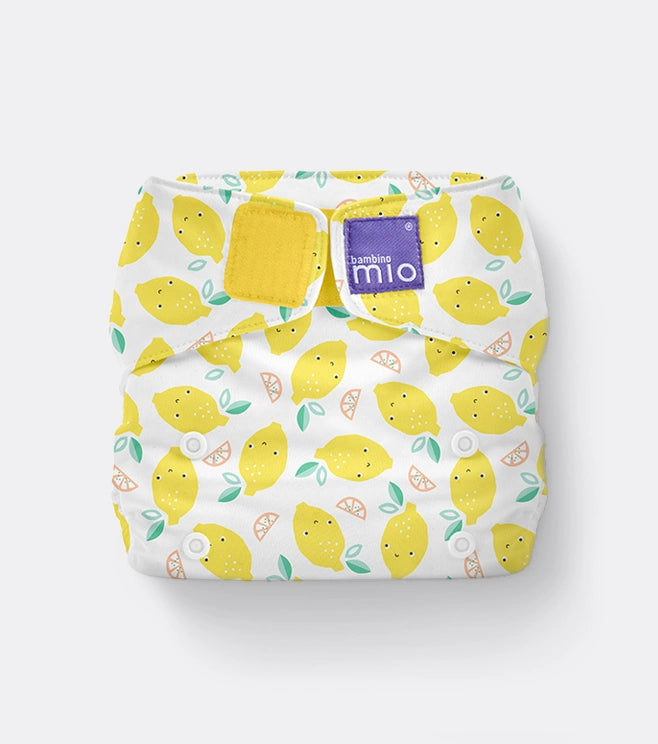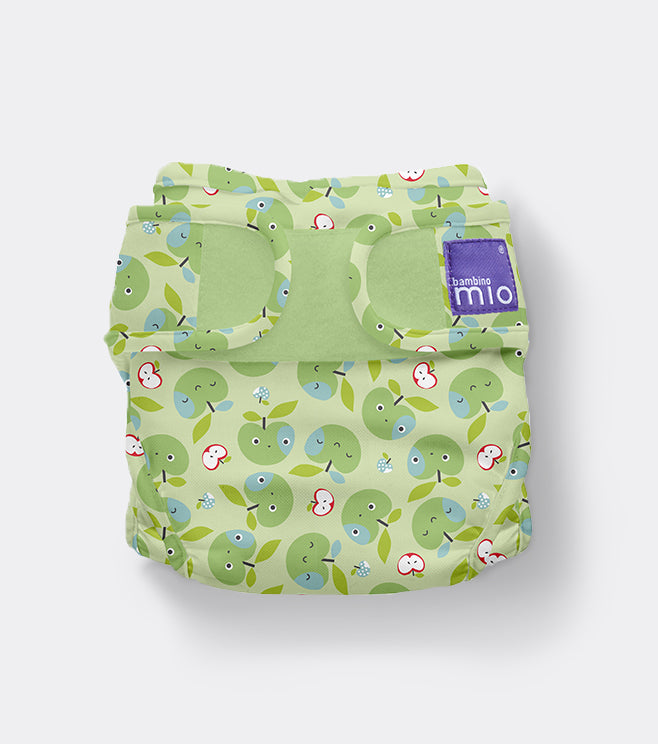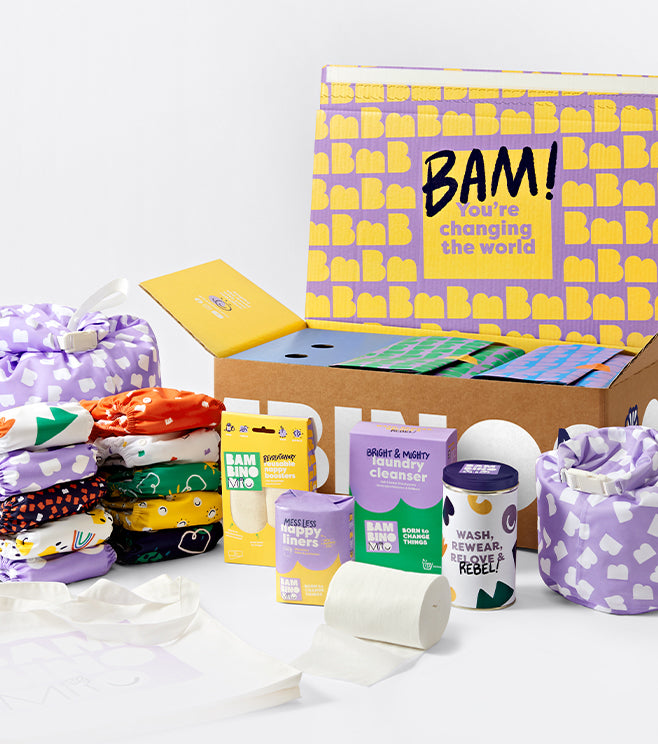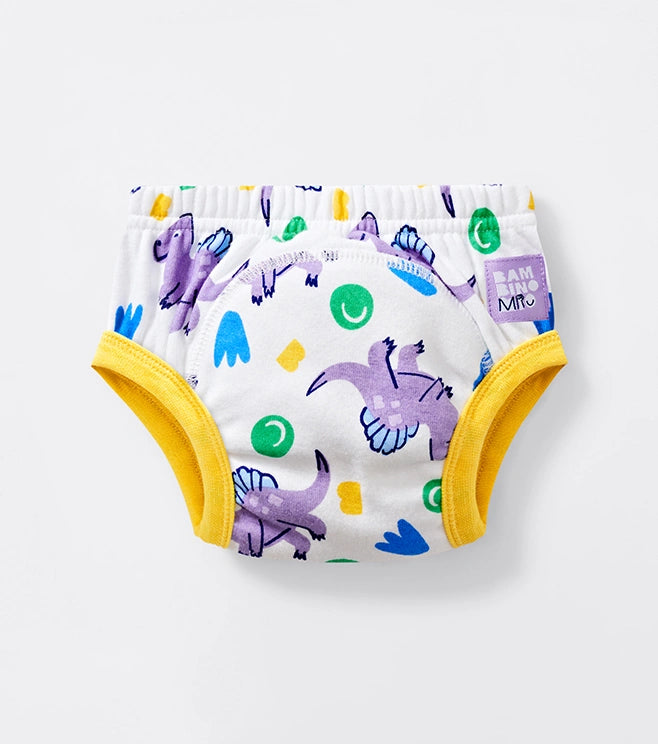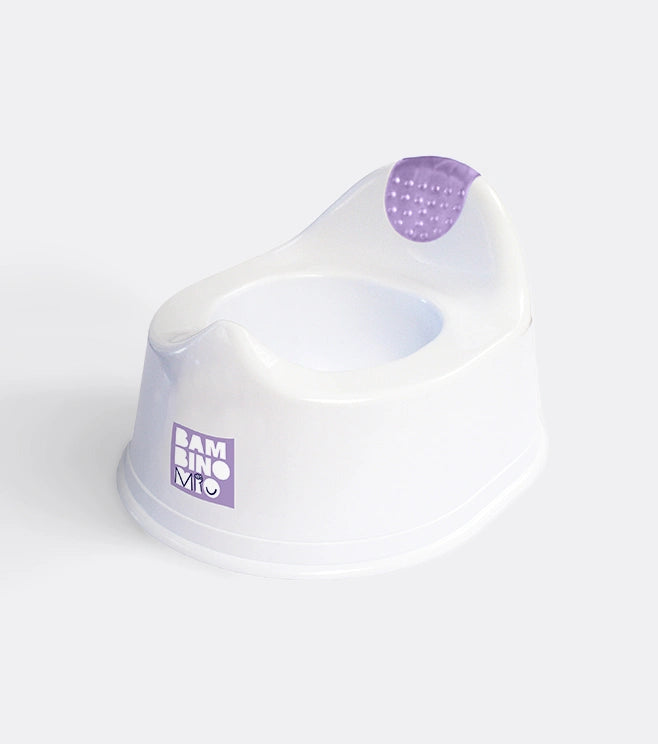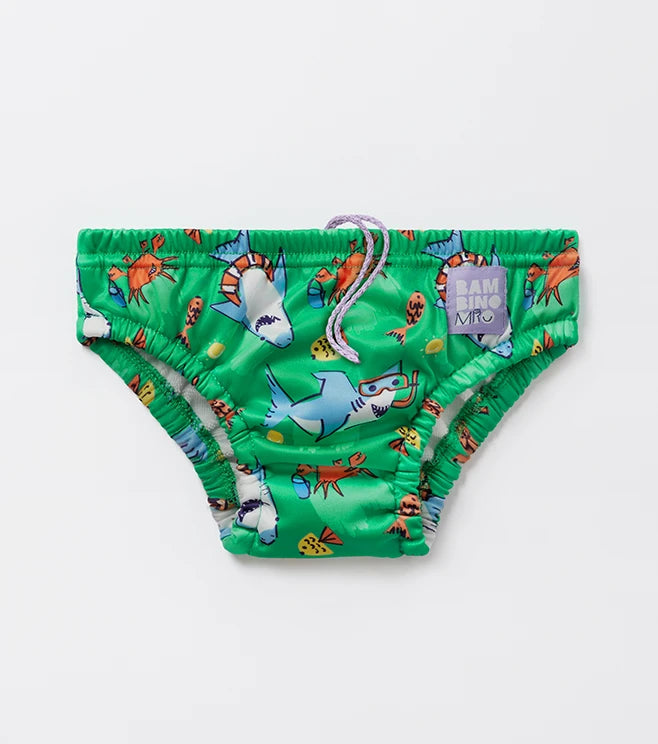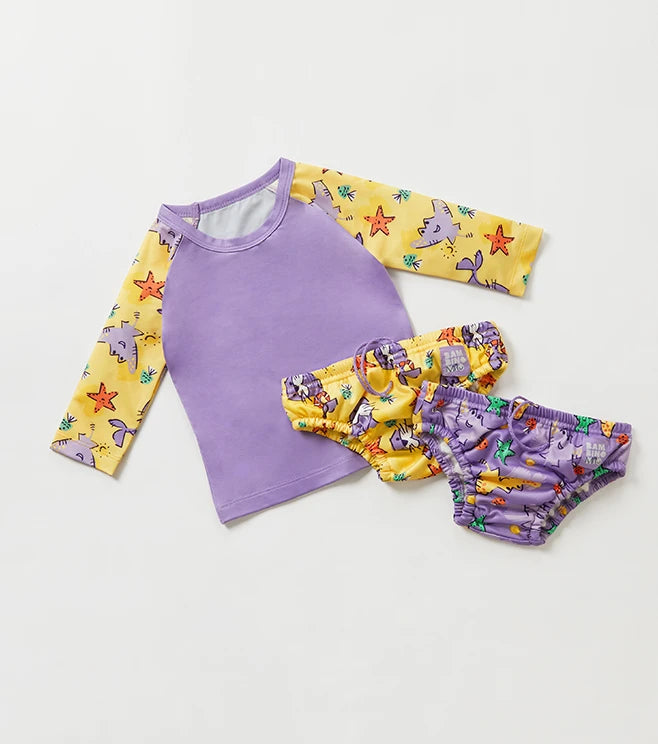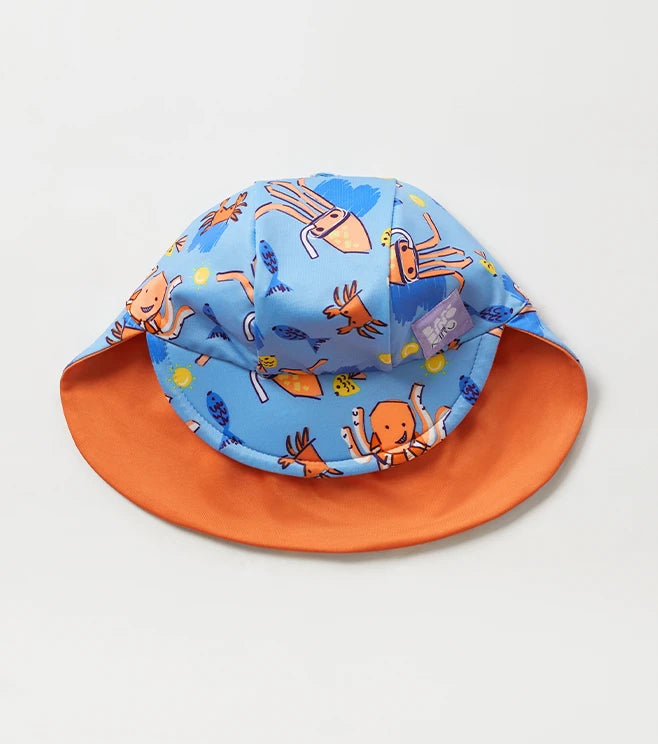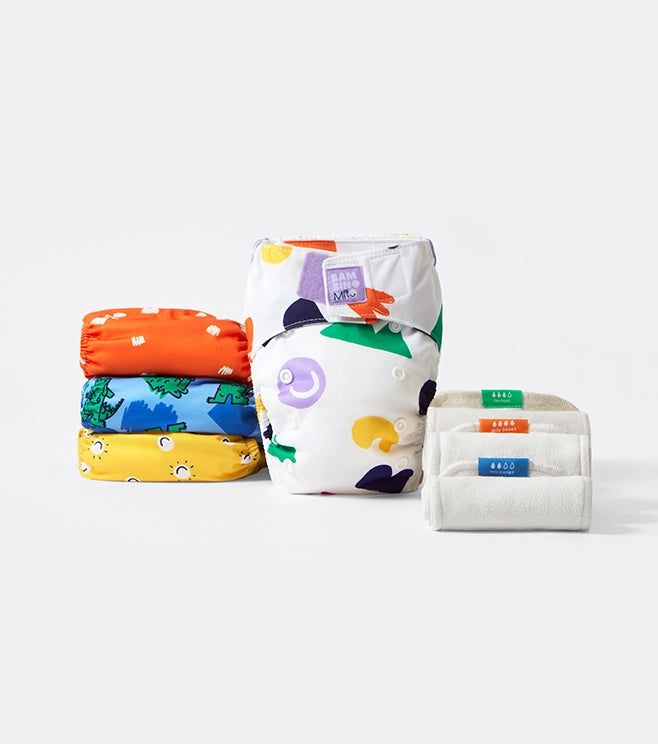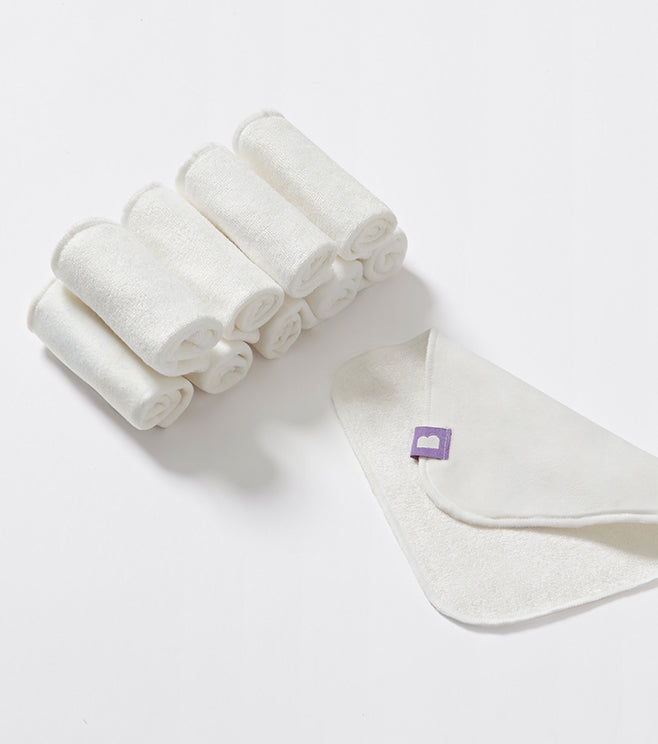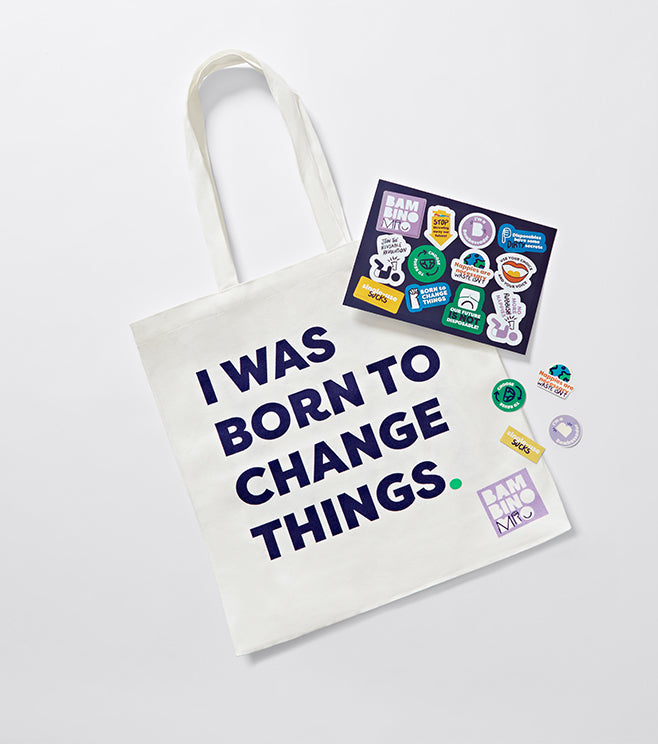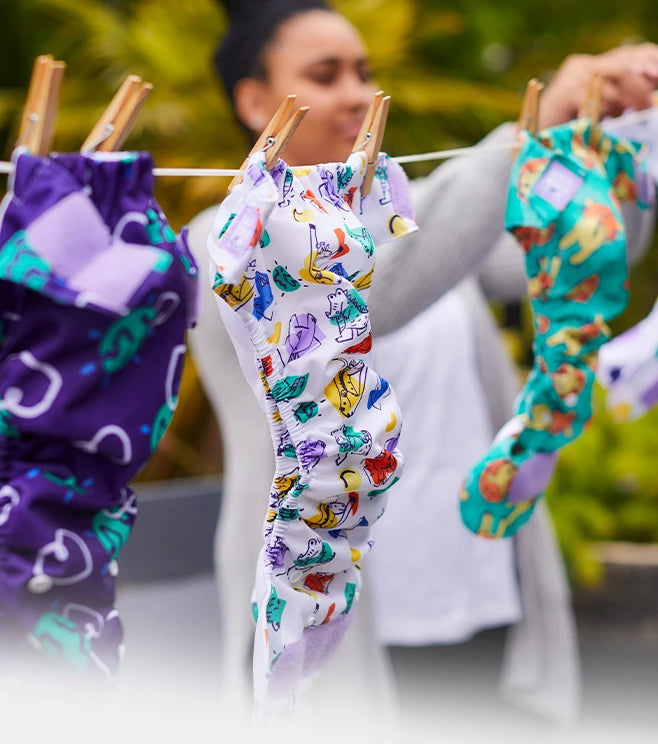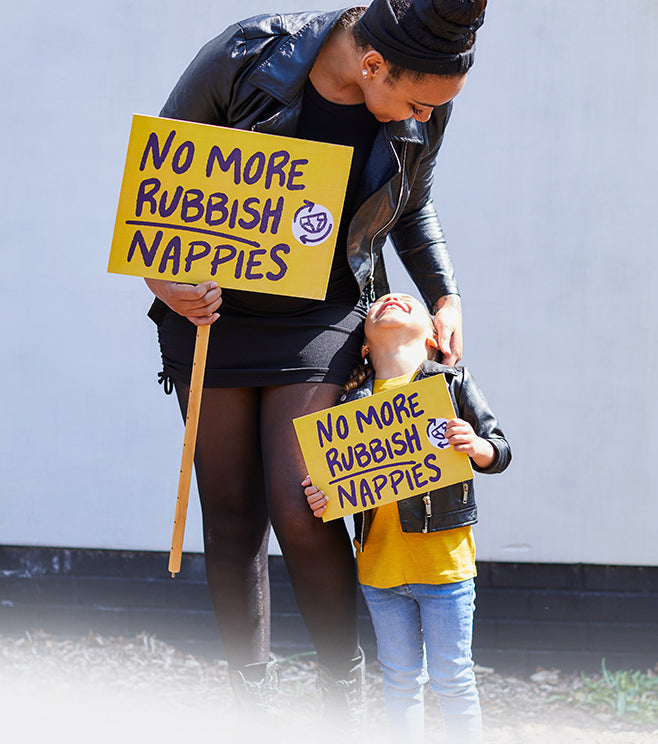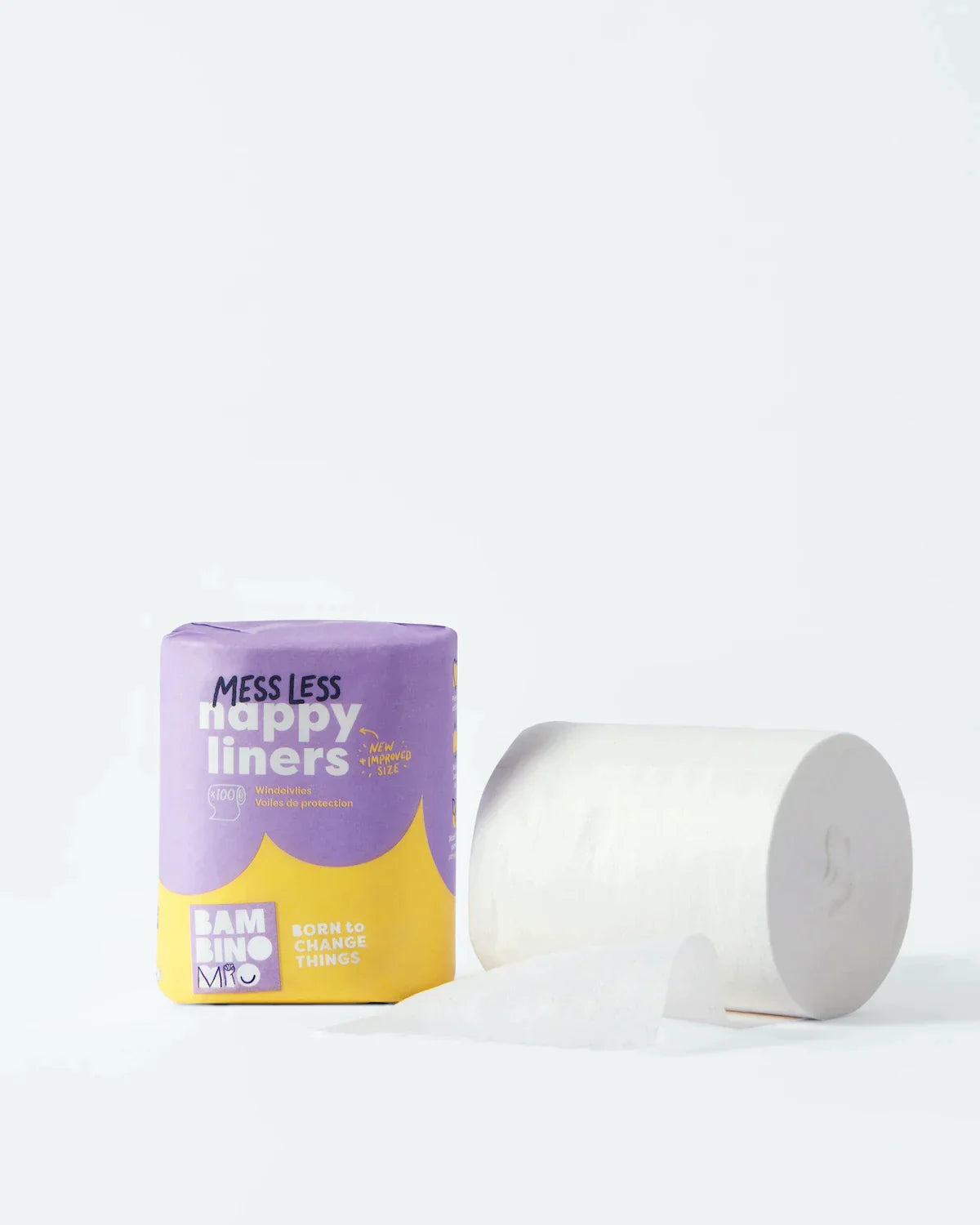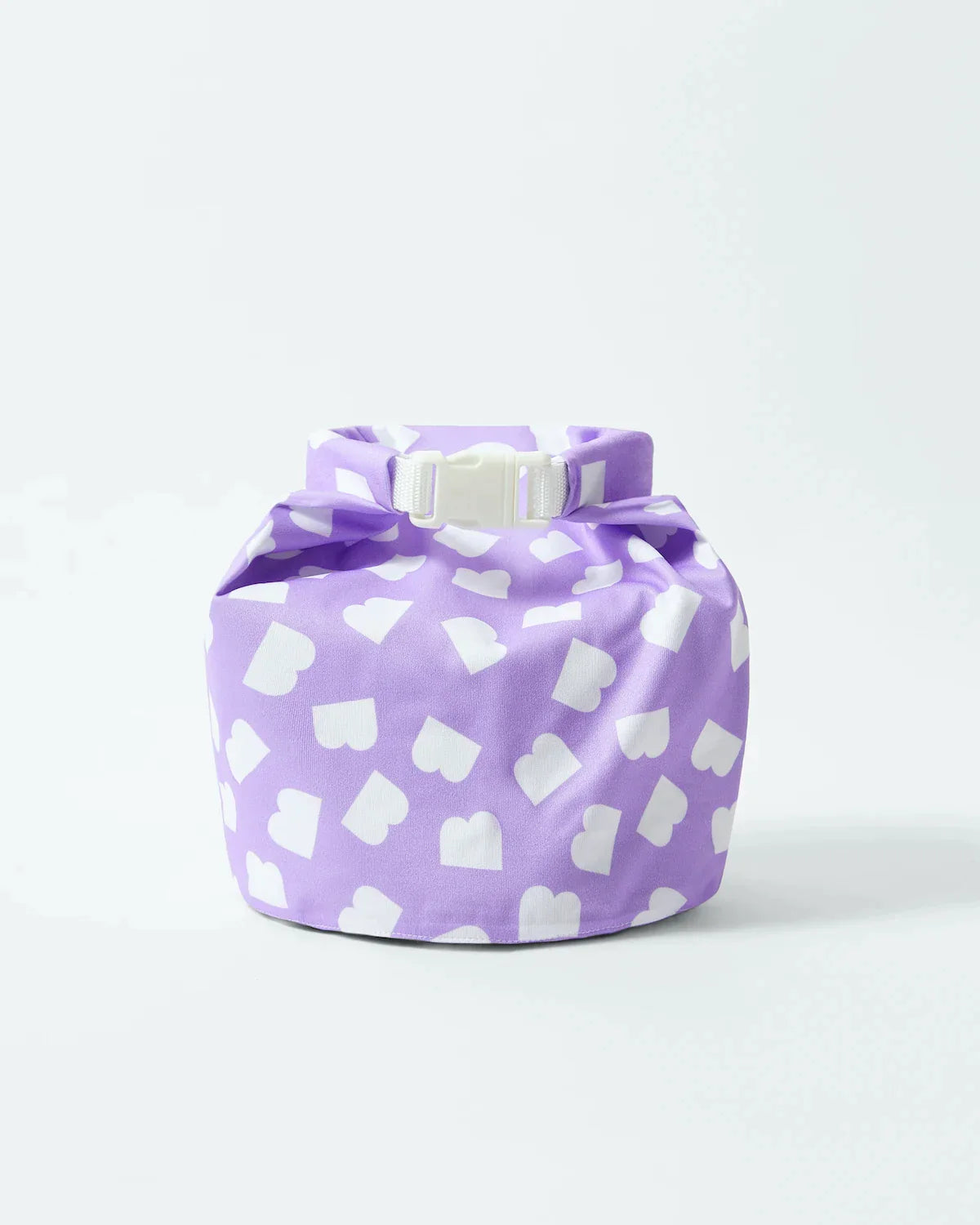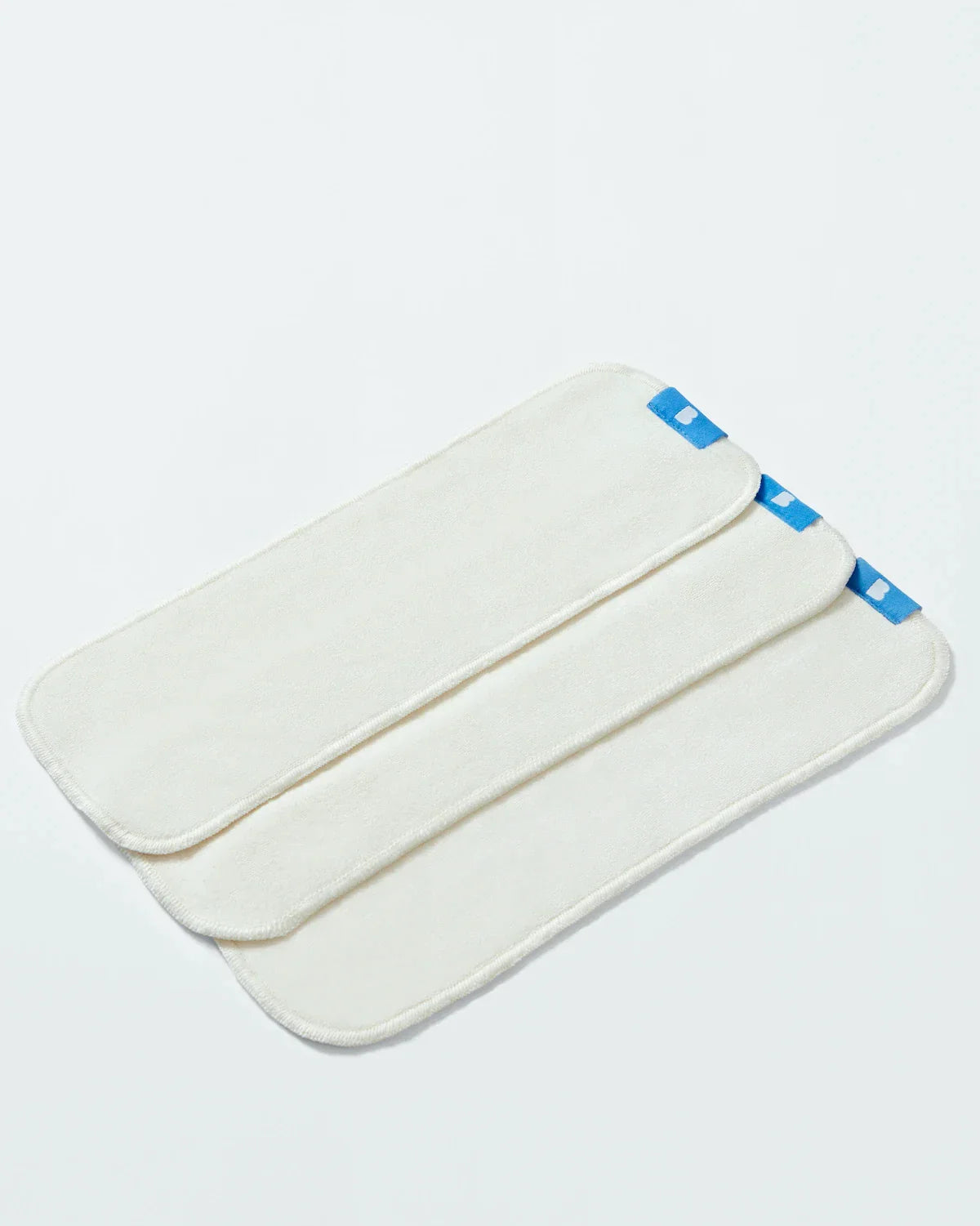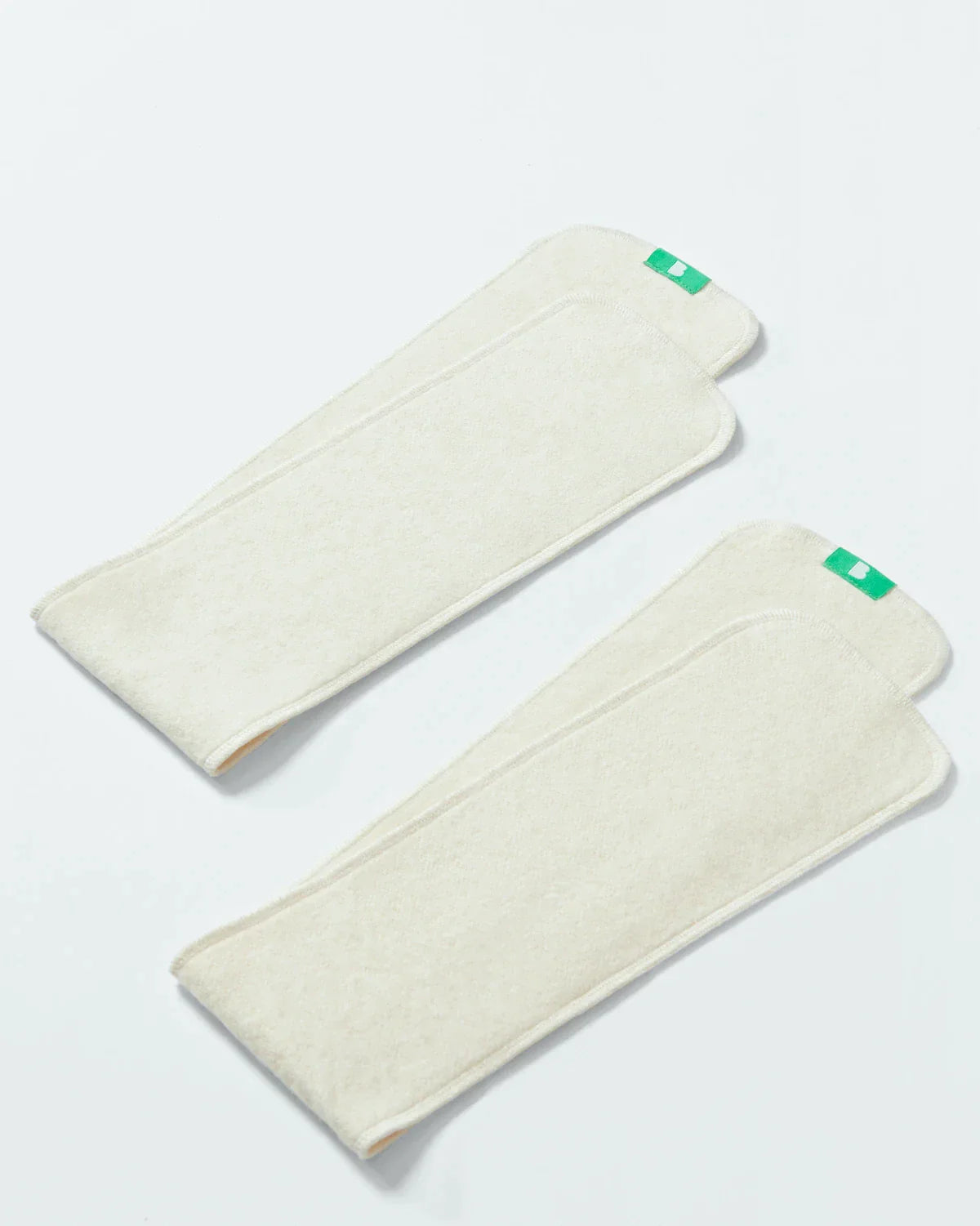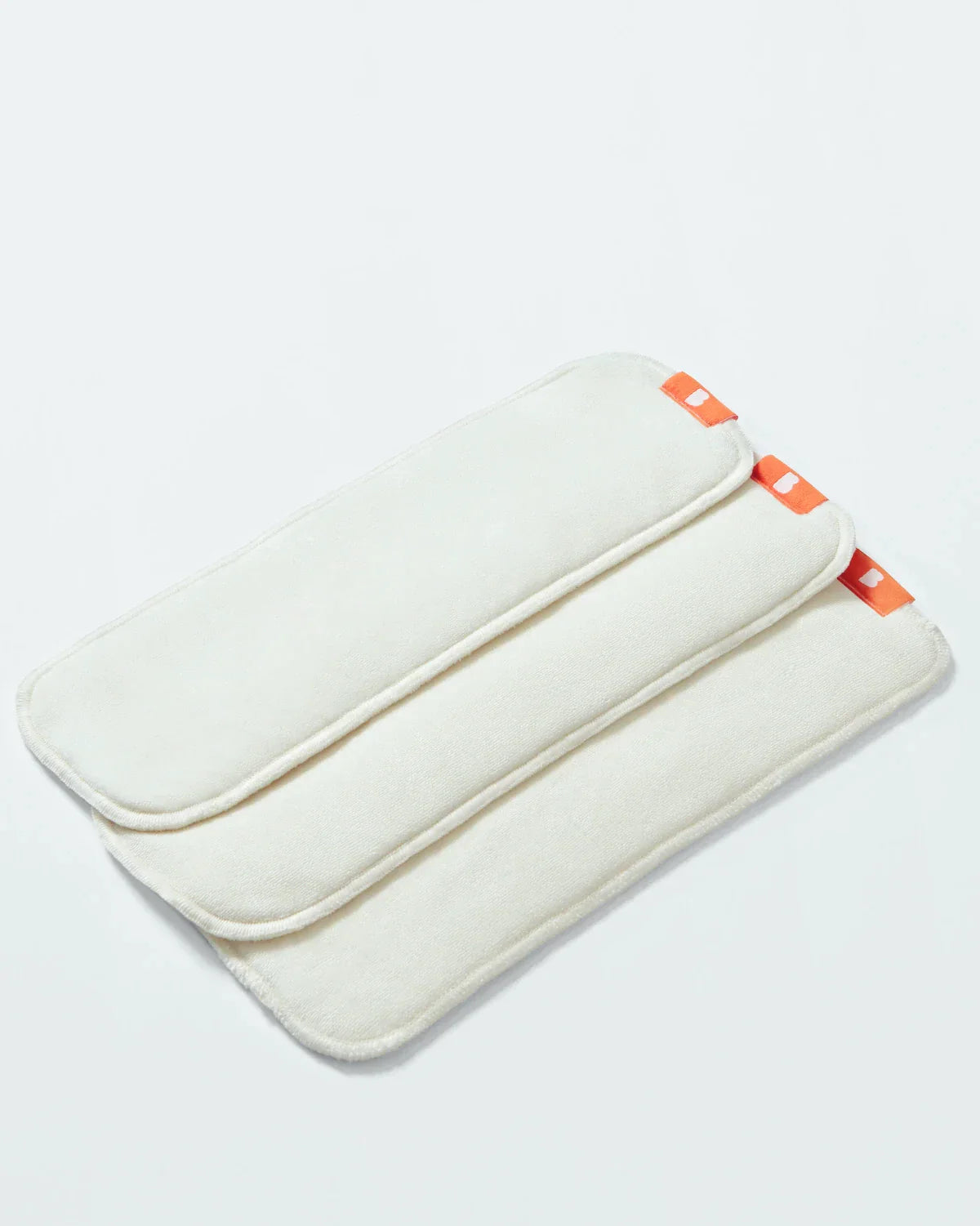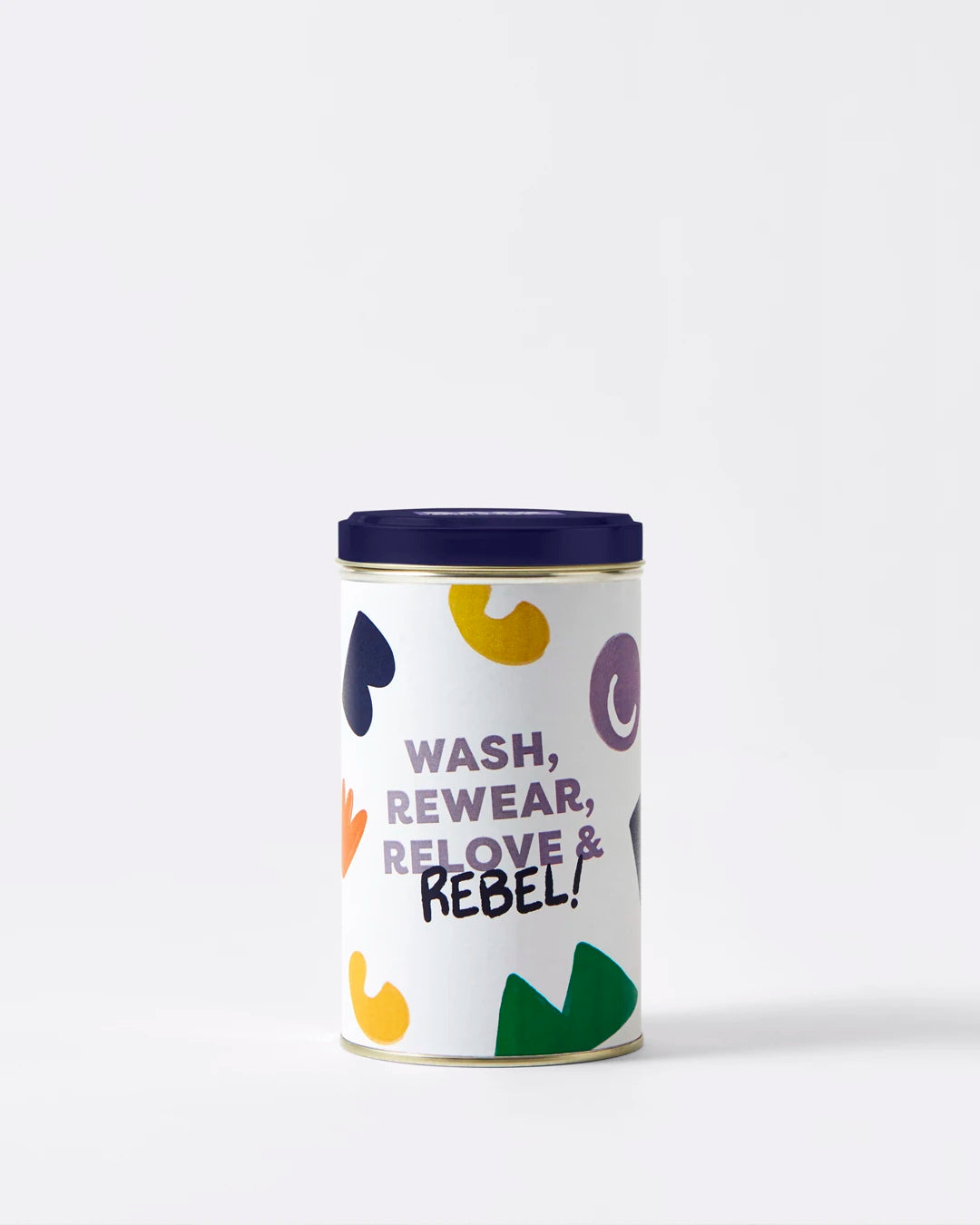It’s a flushing disaster! How disposable diapers and wipes affect our drains, sewage, and seas.
Share Options
- SARAH PORTER
- 04 / 10 / 2023
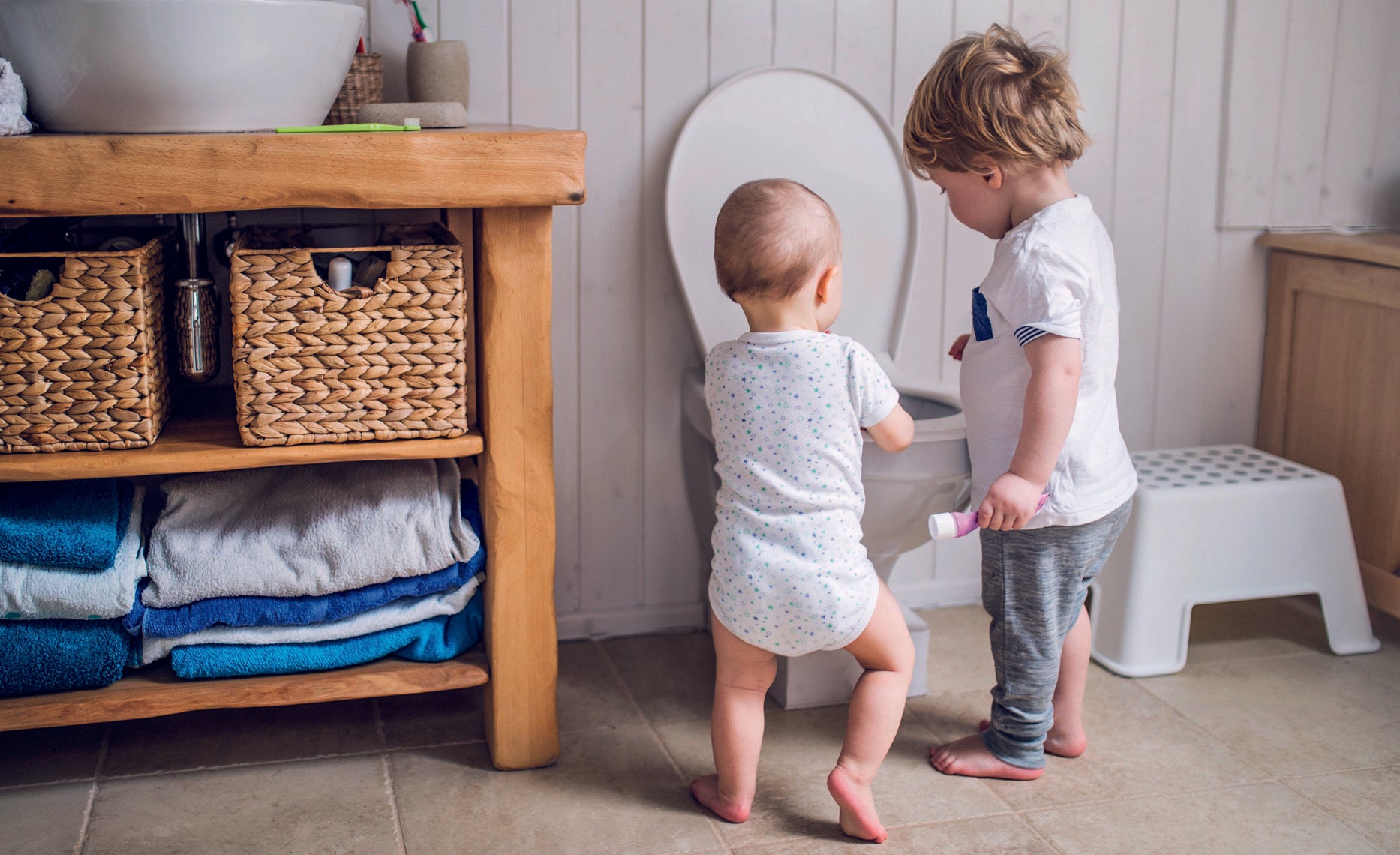
Disposable diapers and wipes are often hailed as convenience heroes however, the convenience they offer comes at a significant environmental cost. Across the country, they are causing a growing problem in our drains, sewers, and seas. Read on and we’ll delve into the dirty truth of these single-use scoundrels and their impact on our ecosystems.
Clogging Our Drains
Throwing away diapers and wipes causes a number of environmental problems but a more immediate consequence happens when they are disposed of carelessly by flushing them down the toilet where they clog household drains. Unbelievably, 5% of single-use diaper users admit to flushing entire diapers down the toilet! (1) Diapers and wipes do not disintegrate like toilet paper, and they can quickly accumulate in pipes and sewer systems. As a result, homeowners often face expensive plumbing repairs and backups that can be both inconvenient and costly.
Overwhelmed Sewer Systems
Beyond individual households, the impact of disposable diapers and wipes becomes even more problematic as they travel through the sewer system. The infrastructure is not designed to handle non-biodegradable materials such as these. Consequently, they clog pipes, pumps, and treatment facilities resulting in an increased burden on local governments with higher costs for maintenance and repairs.
We spoke to Wave and Northumbrian Water (UK) to get a better idea about how big this issue is across the country and they told us that “wipes are the no.1 cause of sewer blockages in the Northumbrian Water Operational area, with over 60% of all sewer blockages being caused by wipes”.
Environmental Consequences
The problems don't stop at our drains and sewers; disposable diapers and wipes pose a significant threat to our environment, particularly our oceans. Some of the worst marine pollutants are the plastics and synthetic materials used in disposable diapers and wipes which can linger in the environment for hundreds of years, harming marine life and disrupting ecosystems. Jo Royle, Founder and CEO of Common Seas UK said “Dirty diapers could be considered the most harmful item of marine litter. Science has shown that diapers are causing disease on coral reefs. It is shocking and distressing to see children play on beaches full of dirty diapers.”
As disposable diapers and wipes break down over time, they release microplastics – tiny particles that can be ingested by marine organisms. This can lead to a chain reaction of harm throughout the food chain, impacting both aquatic life and human health.
Goodbye Pristine Beaches
The sight of disposable diapers and wipes littering beaches is all too common. Not only does this ruin the natural beauty of coastal areas, but it also threatens the fragile ecosystems found along our shores.
Sustainable Alternatives
It's evident that the widespread use of disposable diapers and wipes is taking a toll on our environment. Thankfully there are sustainable alternatives that can help mitigate these problems and reusable wipes and diapers are the ultimate solution.
Citation
- Institute of Civil Engineers (2019) UK public continues to flush wet wipes, condoms and diapers despite fatberg warnings. https://www.ice.org.uk/news-insight/media-centre/press-releases-list/uk-public-continues-to-flush-wet-wipes-condoms-and-nappies-despite-fatberg-warnings


